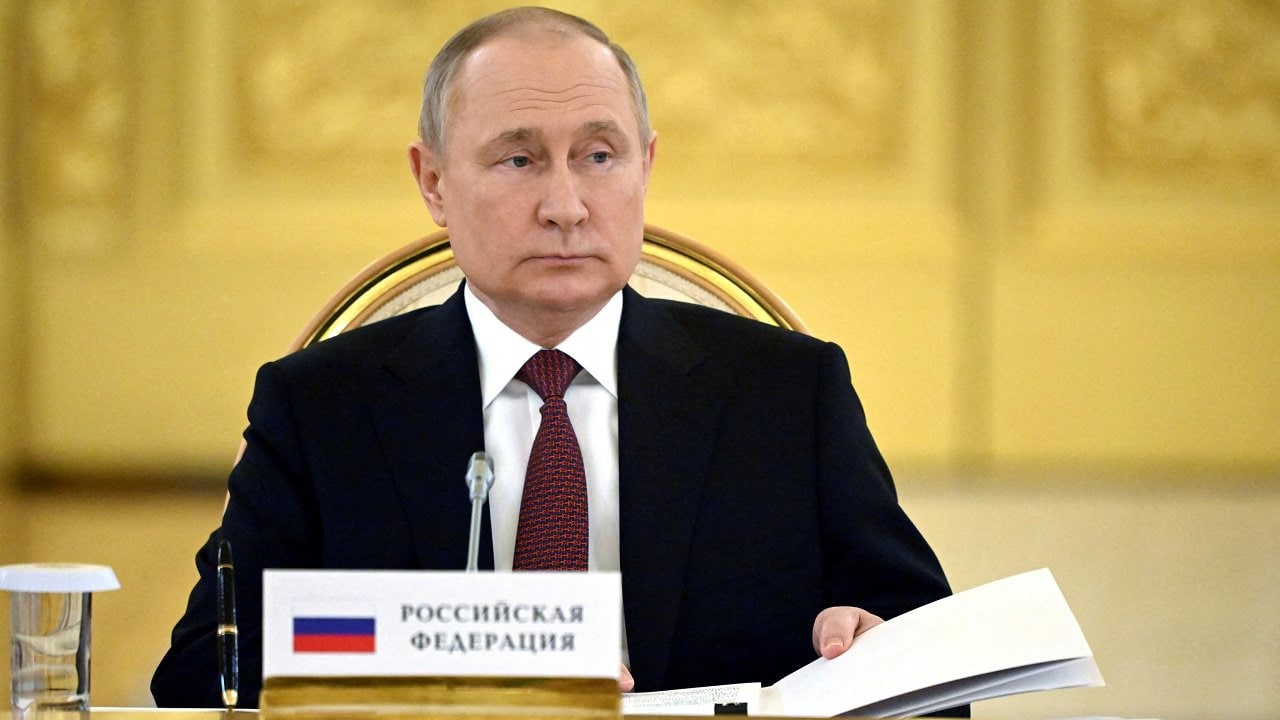Last Sunday, claims began to swirl about Russian President Vladimir Putin suffering a heart attack. Broadcast and online news outlets in a number of countries, including the United Kingdom, India, and Australia, began reporting on the story. The Russian media promptly countered these claims with photos of Putin on the day he supposedly had his heart attack. They also showed him on film a few days later directing a military exercise.
The rapid spread of this blatantly false story illustrates yet again the power and danger of information-sharing in the social-media age.
General SVR and the Heart Attack Hoax
The story began on the Telegram account General SVR. The channel claims to have multiple sources inside the Kremlin, specifically members of the SVR, Russia’s foreign intelligence service. After launching in 2020, the channel has steadily gained popularity — it currently has 374,000 subscribers — particularly following the Russian invasion of Ukraine. While General SVR’s rise is not entirely shocking, given Russia’s generally barren media and social-media environment, it is unique in how often Western sources cite it.
As Putin tightened his grip on power, many independent new sources were forced to shutter their doors or leave the country. State-run media has served as a major asset to Putin, especially as Russia continues to struggle in Ukraine. The Telegram social-media app, basically an encrypted version of Twitter, rose to take the place of opposition media and survived multiple attempted bans by the Russian government. As such, it is followed by many within Russia as a more reliable news source on the conflict in Ukraine — a place where users can find reporting on matters such as the September mobilization.
Due to the anonymity Telegram provides, it is often difficult to verify stories on the app, which is part of why it is largely ignored by Western media. The General SVR account’s ability to reach Western audiences can in large part be attributed to its shocking headlines, such as when it reported last December that Putin had fallen down stairs and soiled himself in the process.
Misinformation Space
While some outlets seem to have fallen prey yet again to a General SVR hoax, many are wise to its often outrageous claims. Multiple experts have cautioned against viewing it as gospel simply because it reports stories that intrigue Western audiences.
In many ways, the General SVR account demonstrates the difficulties in parsing information during a conflict. True, semi-true, and downright false information is all posted to an account with no verification. For the average user, it can be difficult to separate fact from fiction. In such an environment, it can be tempting to, in the words of Russia researcher Dr. Lucy Birge, “follow this unidentified person who has all the answers.”
Maya Carlin, a Senior Editor for 19FortyFive, is an analyst with the Center for Security Policy and a former Anna Sobol Levy Fellow at IDC Herzliya in Israel. She has by-lines in many publications, including The National Interest, Jerusalem Post, and Times of Israel. You can follow her on Twitter: @MayaCarlin.
From the Vault

